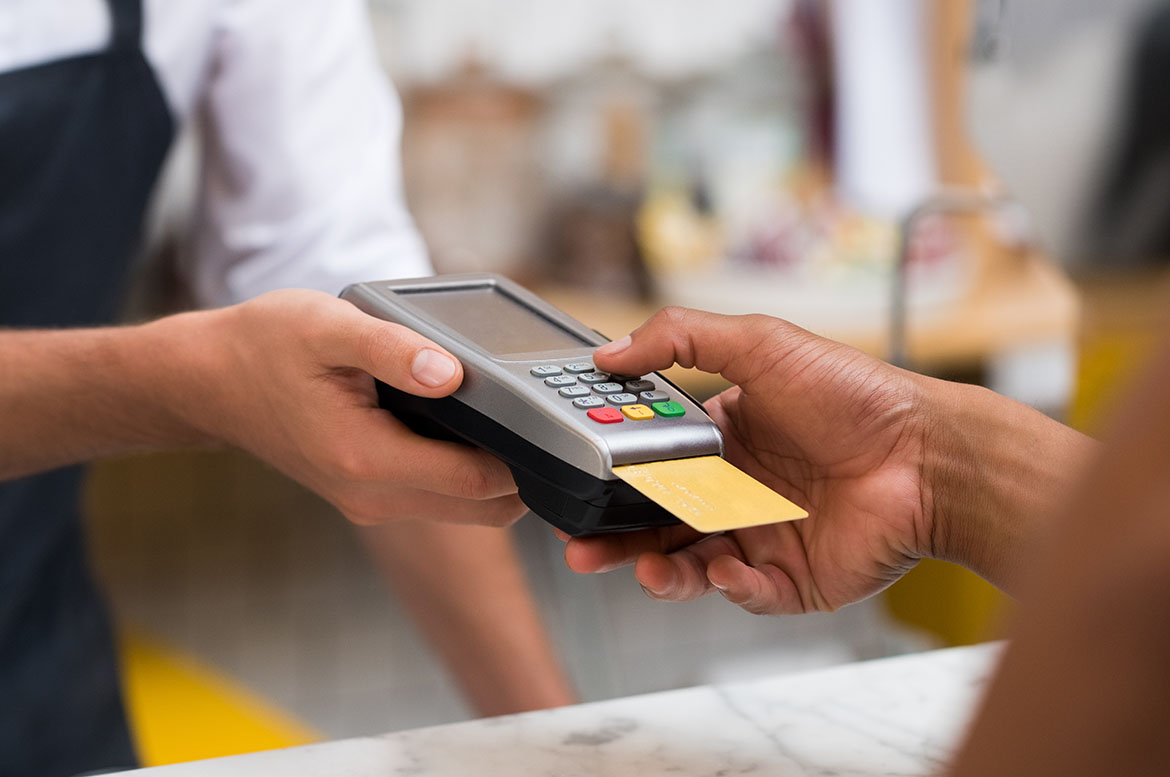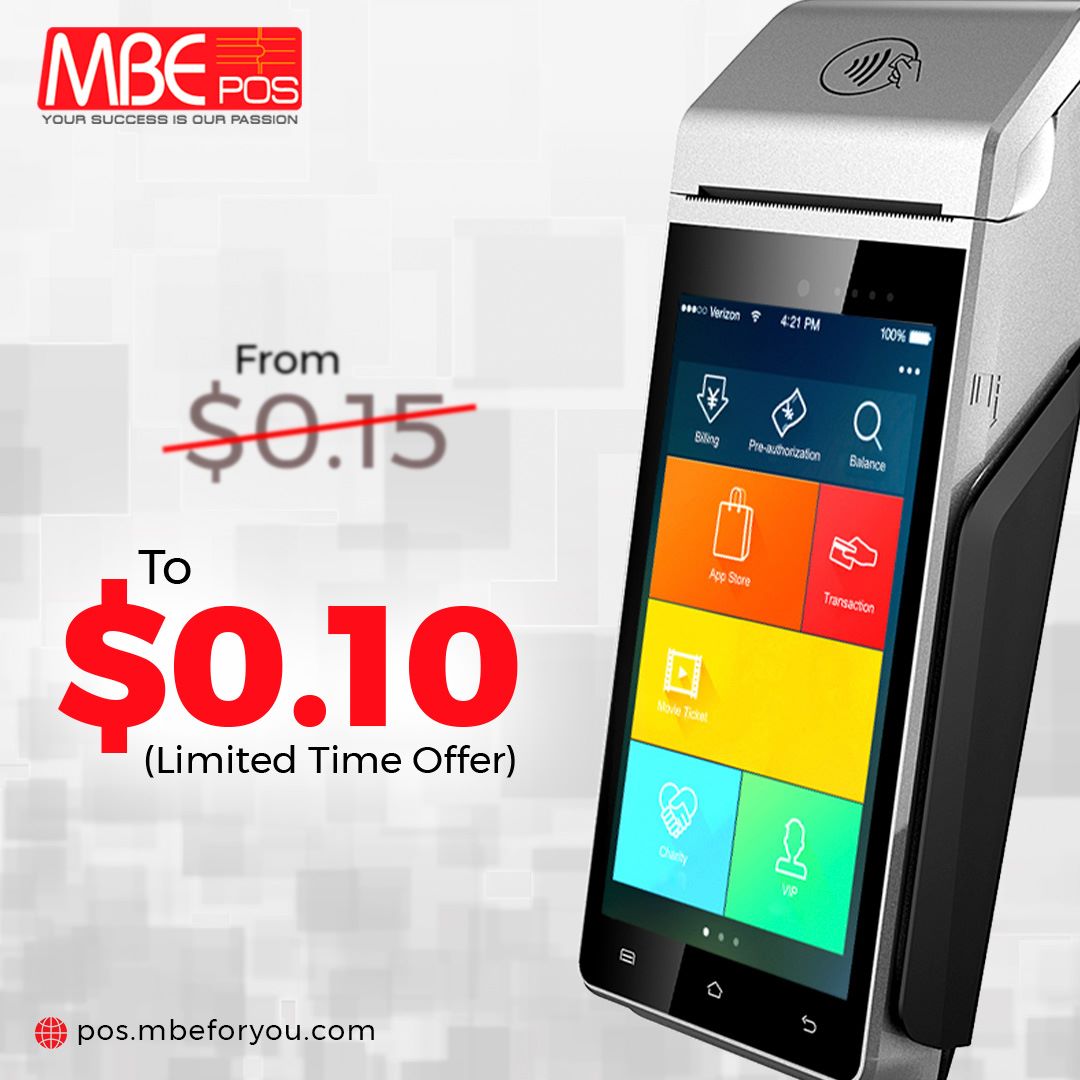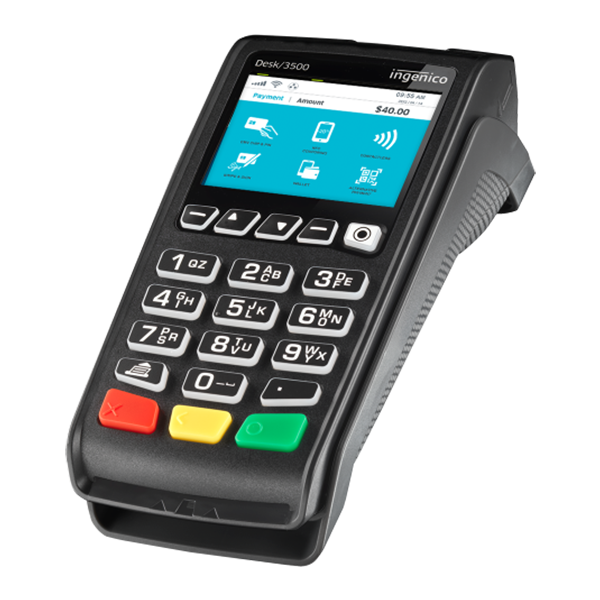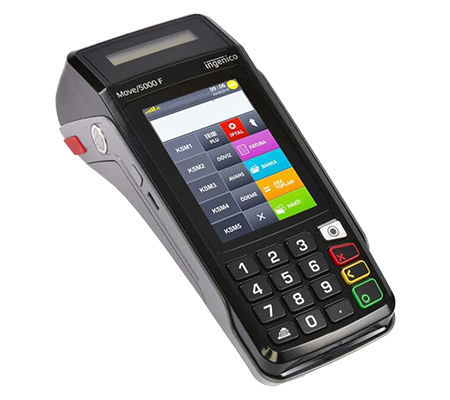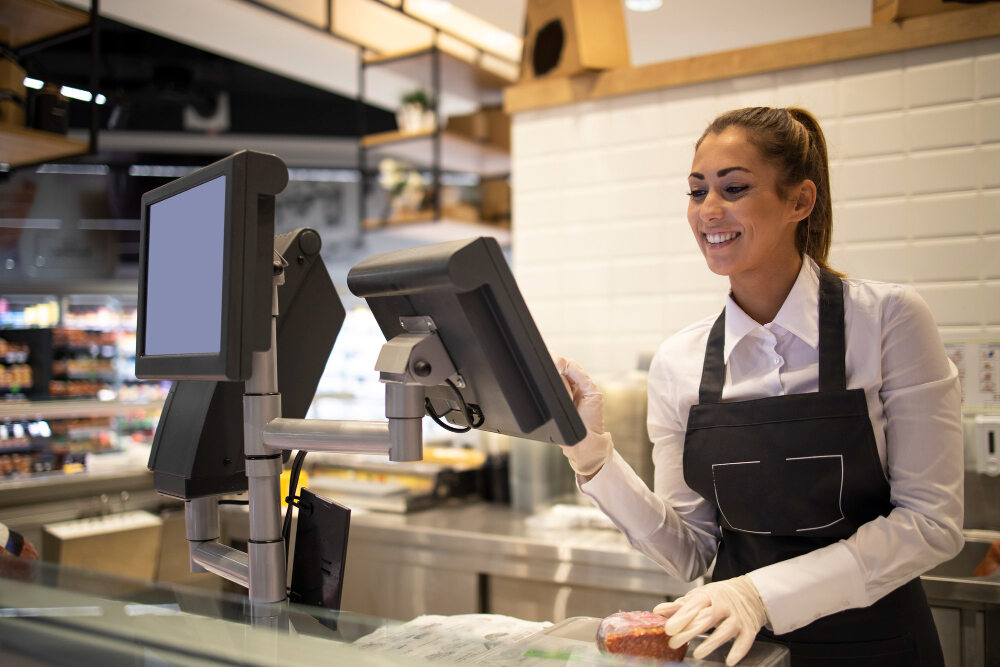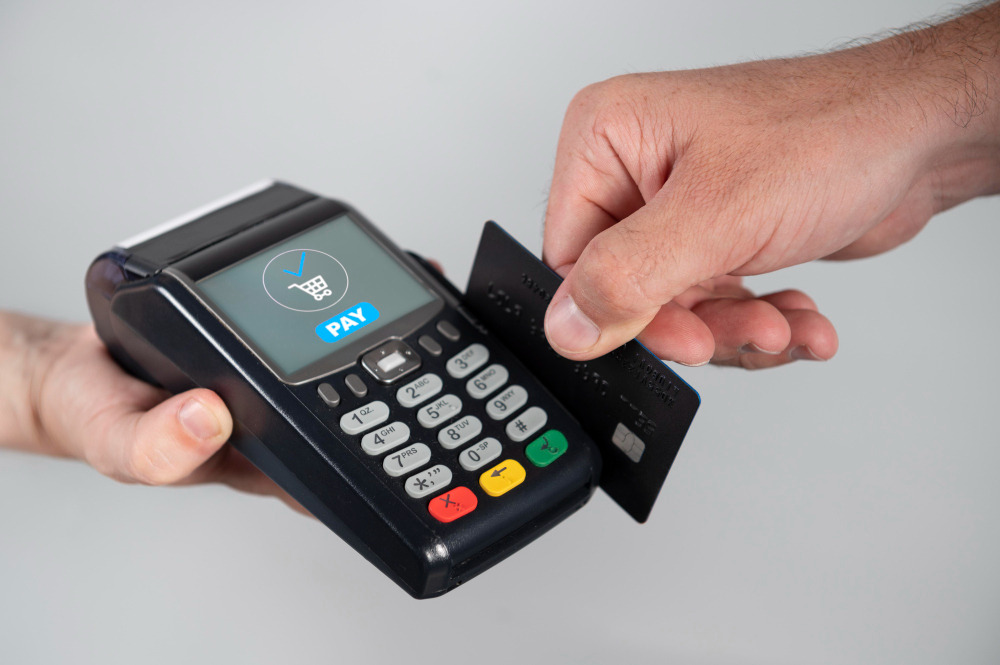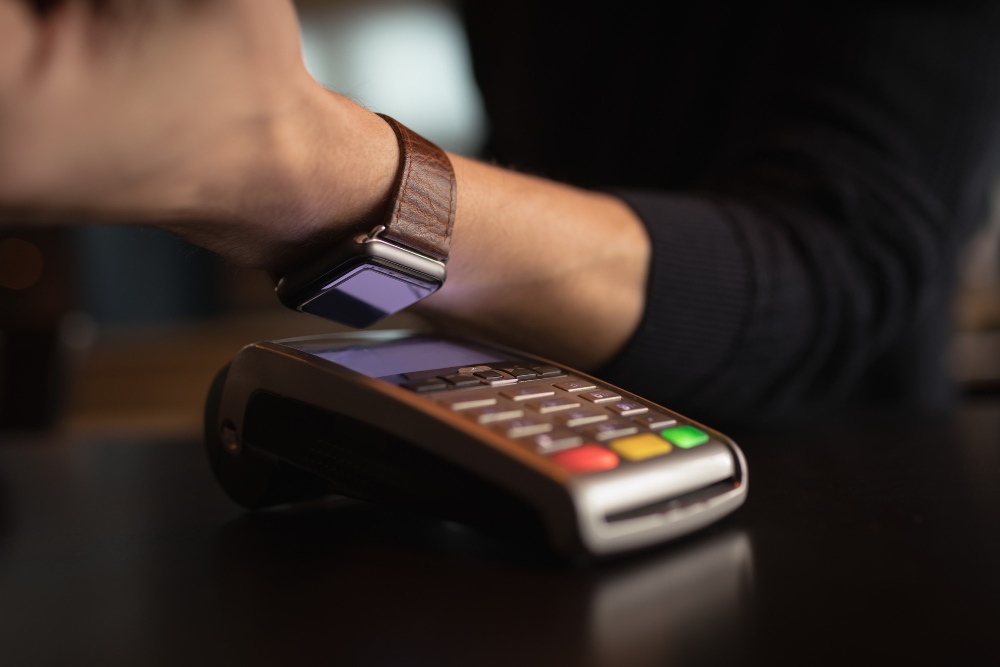Hello, my fellow readers. Budding entrepreneurs and tech enthusiasts. Today, we’ll talk about a product that has the potential to revolutionize your business. It can bring your daily business dealings in the palm of your hand.
Moreover, it can also inform you about the amount you currently have in store. Sounds amazing, doesn’t it? Today, we’ll discuss POS systems, their work, their types, and what hardware makes the beautiful machine function.
Furthermore, we’ll also study different types of pos systems in usa. So stay tuned, and keep reading. Today’s blog will surely teach you how to manage your business easily.
First, let’s start by discussing what is a pos system.
What is a POS System?
A pos system in usa stands for “Point of Sale.” This point is where a customer makes a payment for goods or services. Whenever you go shopping and pay at the counter, you’re at a POS. Thus, a pos system usa is the arrangement that lets this payment happen.
However, modern POS systems are much more than just cash registers. They’re like super-smart computers that help store owners manage their businesses in many cool ways. Let’s see how they do it!
The Magic Behind the Screen: How a POS System Works
A POS system contains hardware and software. The hardware does the physical work, whereas the software helps it perform daily functions. Now, let’s elaborate on both of them separately.
1. Hardware – The Strong, Silent Type
In a POS system, the hardware includes the computer or tablet that runs the software, the cash drawer, barcode scanners, receipt printers, and card machines. These are the tools the system uses to interact with the world.
Imagine you’re buying a cool new video game. The cashier scans the barcode with the scanner (which is part of the hardware). The barcode is like the game’s unique fingerprint, telling the POS system exactly what item it is.
2. Software – The Brain of the Operation
The software is where the real magic happens. It’s the brain of the system. This part of the system manages the store’s inventory, records sales, and tracks customer information.
When the barcode of your video game is scanned, the software matches it with the information it has. It then deducts one game from the store’s inventory. So, the store knows when it’s time to order more games, and you won’t be disappointed next time you look for one.
How Does a POS System Help Businesses?
Moreover, POS systems can do much more than managing inventory and recording sales. They can also help businesses in many other exciting ways.
1. Keep an Eye on the Numbers
A POS system can track what’s selling well and what’s not. For example, if a store sells many of your favourite video games, the POS system records it. Then, the owner can order more of these games to ensure they don’t run out.
Furthermore, POS systems can also track what time items sell most or which days are the busiest. This information allows the store owner to plan staffing and promotions more effectively.
2. Improve Customer Relationships
A POS system can also help businesses build better relationships with their customers. How? By storing and analyzing customer data.
For instance, you always buy your video games from the same store. The POS system remembers what games you bought and when. The next time a new game comes out that you like, the store can let you know. They might even give you a special offer!
Nevertheless, it’s important to remember that stores must always respect customers’ privacy. They should only use your data with your permission and for good reasons.
3. Making Business Easier
POS systems make running a business easier. They can automate tasks such as generating sales reports, ordering new stock, and managing staff schedules. We look at different types of POS systems.
Different Types of POS Systems
Furthermore, it’s important to understand that different types of POS systems are available today. Each system is designed to meet the needs of different businesses.
1. Retail POS Systems
These systems are used in retail stores. They’re equipped to handle inventory, sales tracking, and customer relationship management. They’re usually seen in clothes shops, bookstores, and electronics shops.
2. Restaurant POS Systems
pos systems for restaurants are tailored to handle orders, table management, and billing. pos systems in restaurants are designed to manage a restaurant’s fast-paced environment, helping improve service speed and efficiency.
3. Mobile POS Systems
Mobile POS systems are gaining popularity. They use tablets or smartphones to process payments and manage sales. They’re perfect for businesses on the go, like food trucks or pop-up shops.
Wrapping It Up
To sum up, a POS system is an important tool for businesses today. It helps stores keep track of their sales and stock, understand their customers better, and manage their operations more efficiently. So next time you’re at the counter, remember the complex yet fascinating system working behind the scenes.
While you might not see it, this system is always there, quietly making your shopping experience better and more enjoyable. Now that you know how a POS system works, you can appreciate the magic it brings to your everyday shopping trips!

